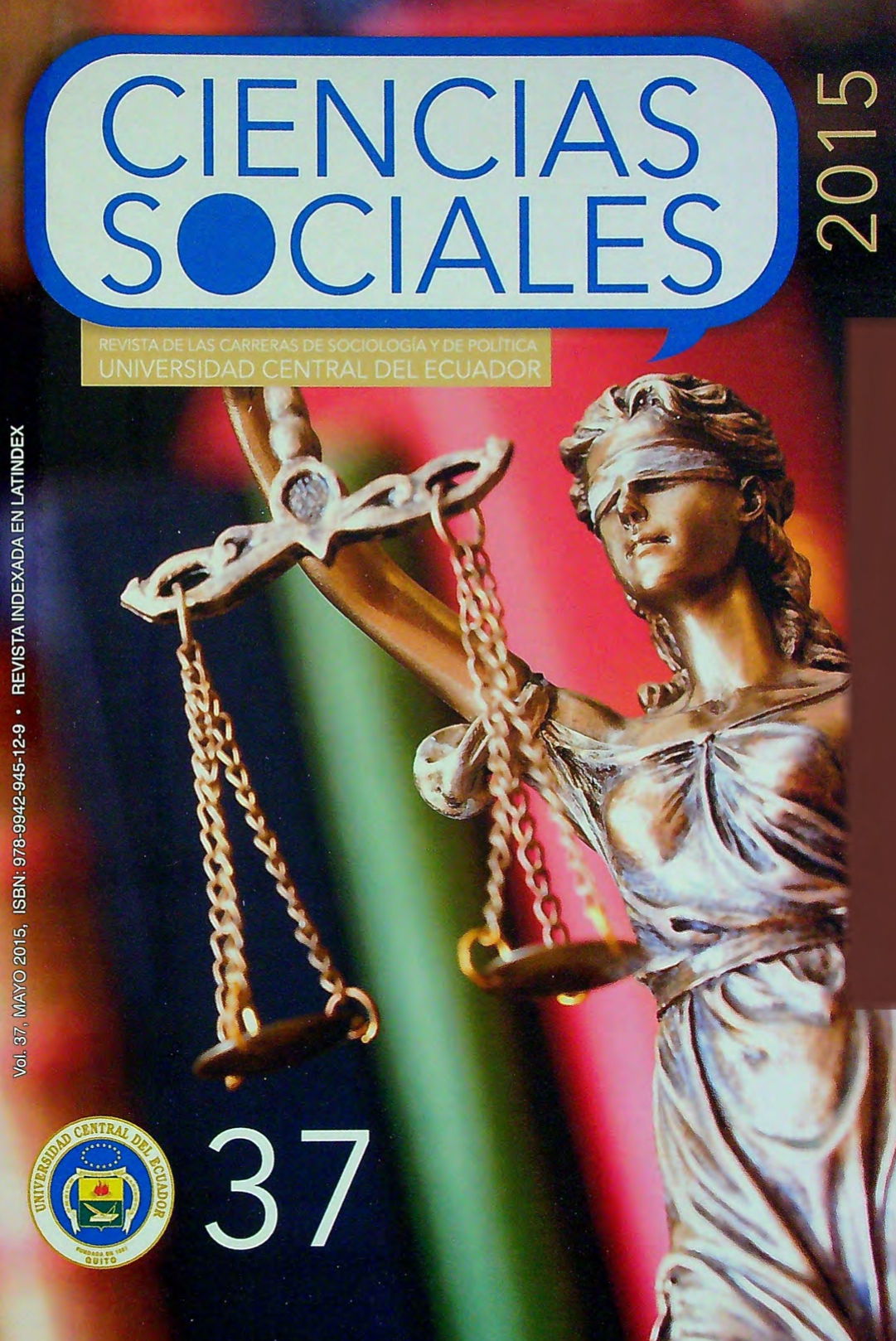De un estado excluyente a un estado intercultural
Keywords:
Epistemology, constitutional control, rigid constitution, representative democracy, constitutional democracy, community democracy, social conflict, the right to choose, intercultural, plurinational state, ama kílla, the Minga, the whip, the illegality and multiculturalismAbstract
Although they have passed about seven years of existence and validity of the Conslitution of the Republic of Ecuador we can not yet dare to say that the faw is equal validity with lts sociologlcal validity. On leading lnstitutions havíng theír statements in accordance with the constítutional movement neo that left its mark on almost all constítutions ín Latin America there is a high dose of disbelief In a bread sector of political and academic opinion still reluctant to flnd the desired lransformation the foundalions on which our rule of law is based.One of !hose pillars that collects new constitutional neo charge of the constitution has to do with the issue of multiculturalism and legal pluralism, principies upon which the ordinary and indigenous justice as two complementary sources ol independent law is buill and hlerarchically homogeneous. Multiculturallsm as the supreme ideal has its pitlalls in the constitutional. and legal rules themselves resistan! to accept a theoretical construct - law that requires genuina particlpation of all peoples and nationalilíes that make up our society in the establishment, structure ol all state institutions and the obligatory presence they should have In the desígn and implementation of public policies that go beyond the mere discursiva level.
Downloads
References
Ayala Mora, E. (2002). Justicia Indígenas. In J. Salgado, lnterculluralidad, Reformas constitucionales y pluralismo jurídico. Quito: ABYA-YALA.
Souza, B. d. (2011). Perspectiva desde una epistemología del Sur. Quito: Abya-Yala.
Ávila, R. (2008). El neo constitucionalismo transformador. El estado y el derecho en la consHtución del 2008. Quílo: ABYAYALA.
Walsh, C. (2009). lnterculturalidad, Estado, Sociedad" Luchas (de)coioniales de nuestra época. Abya-Yala.
García, L (2013). Prolegómenos para la lucha por la modernización y expansión del Derecho Penal y para la crítica del discurso de resistencia. Valencia: Editorial Tirantlo Blanch.
Zalaronni , E. (1998). Criminología Aproximación desde un margen. Bogotá: Temis.
Estermann, J. (2008). Si e'I sur fiera el Norteq . Quito: Abya-Yala. de Souza Santos, B. (2009). Plurinacionalidad. Democracia en la diversidad
Downloads
Published
How to Cite
Issue
Section
License

This work is licensed under a Creative Commons Attribution-NonCommercial 4.0 International License.
Política de acceso abierto
La revista Ciencias Sociales adhiere al modelo Acceso Abierto en el que los contenidos de las publicaciones científicas se encuentran disponibles a texto completo libre y gratuito en Internet, sin embargos temporales, y cuyos costos de producción editorial no son transferidos a los/las autores/as.
En ese sentido, no existe costo alguno para los/as autores/as en el envío o durante el proceso editorial, defendiendo el derecho a la información con equidad e iguales oportunidades de acceso.
Licencia y derechos de autor/a
Los autores conservan todos los derechos de publicación del artículo y conceden a la Revista Ciencias Sociales una licencia no exclusiva, intrasferible y sin regalías por duración ilimitada para su reproducción, distribución y comunicación pública a nivel mundial bajo una Licencia Creative Commons Atribución 4.0 Internacional (CC BY NC 4.0)


